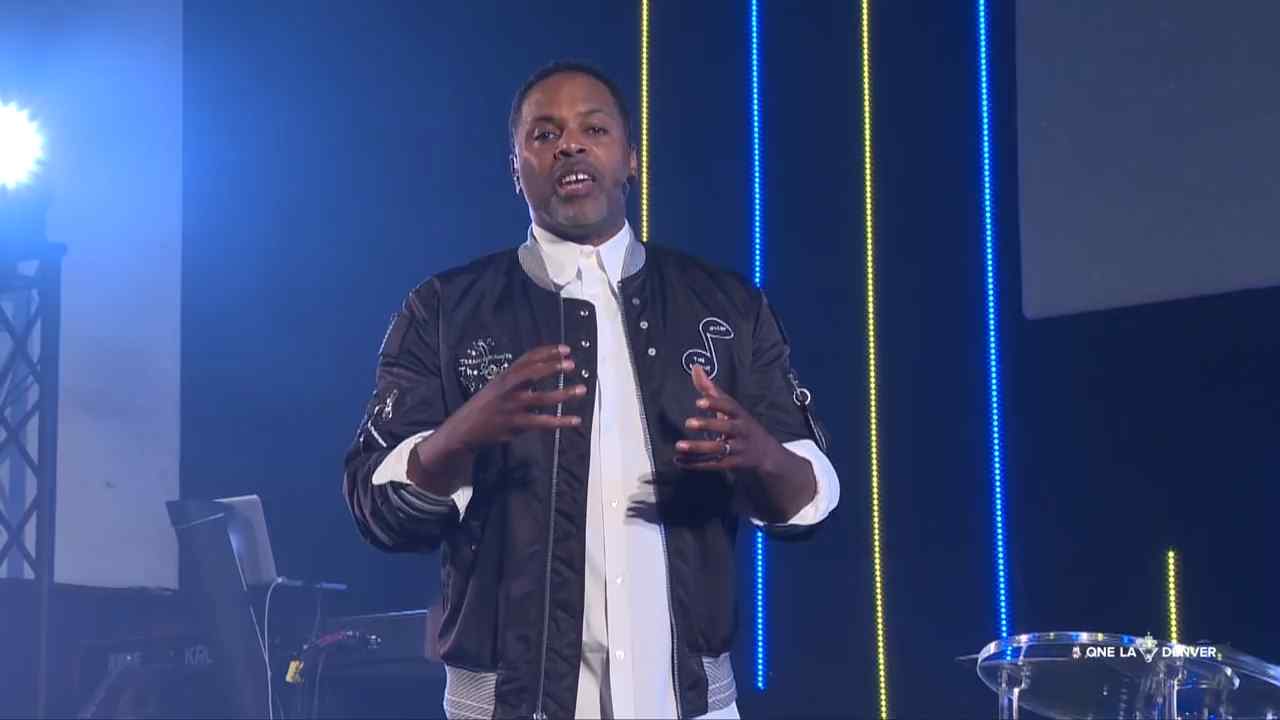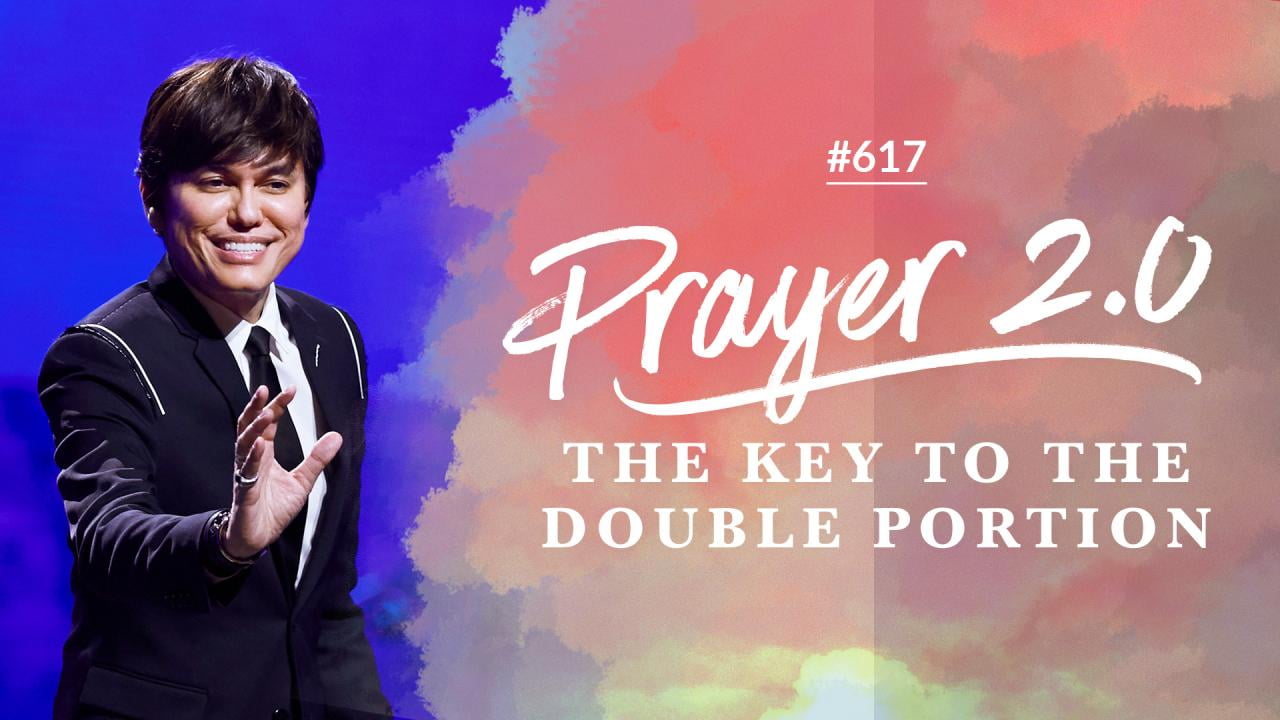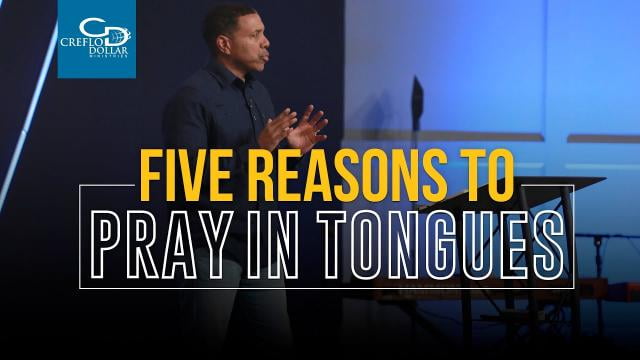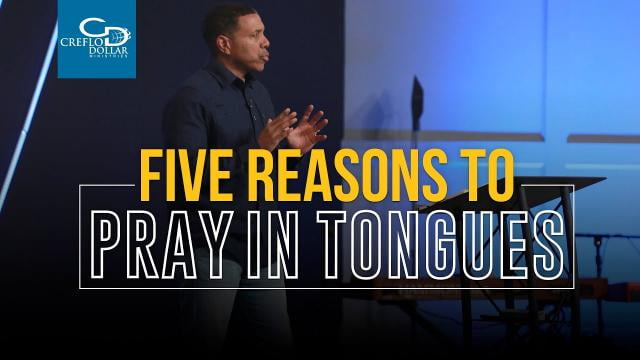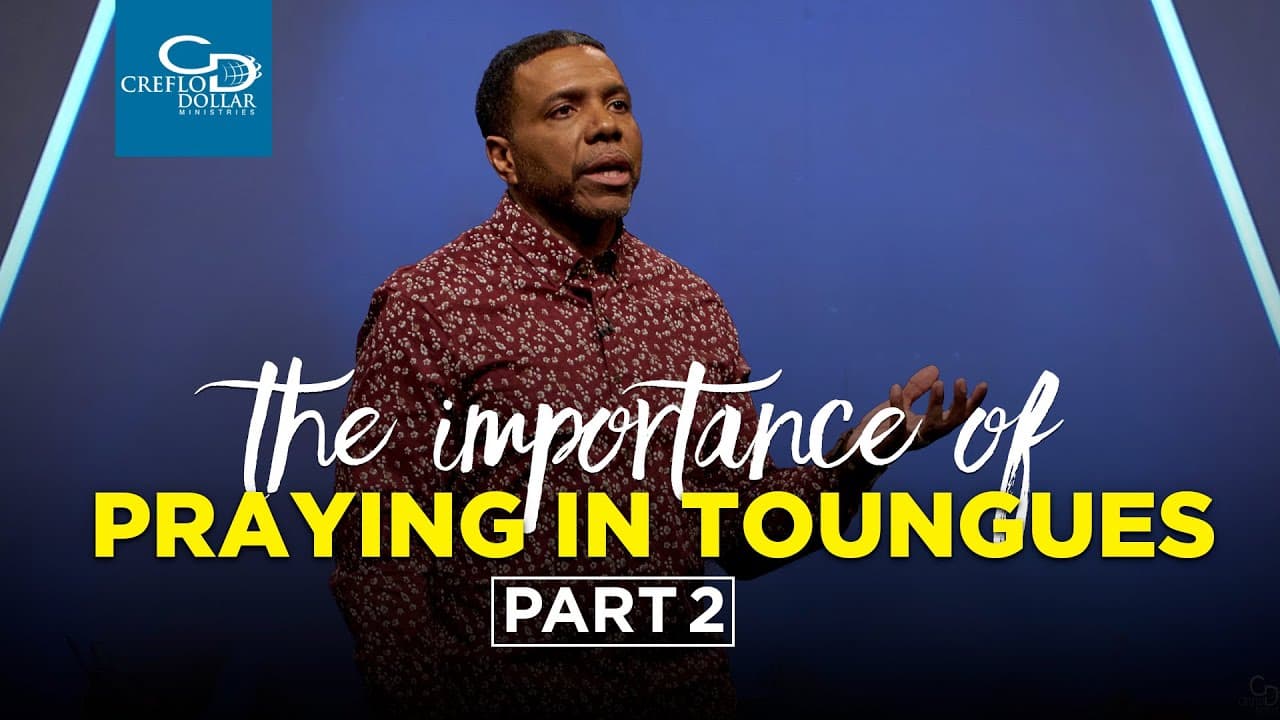Robert Morris - The Pure Language
Pastor Robert continues the Words: Life or Death series by dispelling unbiblical myths about praying in tongues. Speaking in tongues is not gibberish, but a pure, heavenly language. When we pray in tongues, we are praying in cooperation with the Holy Spirit. Praying in the Spirit is a key to learning to speak in purity.
On the Day of Pentecost, fifty days after Jesus’ resurrection, God sent the Holy Spirit to the disciples. He came with power and filled each person, and they spoke in other tongues (Acts 2:1–5). Speaking in tongues, also known as our prayer language, or praying in the Spirit, is still a vital gift to the Church today.
Speaking in tongues is not gibberish; it is a language. A myth about speaking in tongues is that you speak your prayer language fluently the first day. But in the same way babies learn to talk and people learn a second language, you don’t speak in tongues fluently at first. Another myth is that you can’t control your prayer language. The truth is speaking in tongues is an act of your will, just as you can control a gift of teaching or prophecy. A third myth is that your prayer language will just jump out of you one day. Your prayer language comes as you learn to cooperate with the Holy Spirit.
When we pray in tongues, our spirit is praying. When we pray with our minds, we understand what we are praying, but it is also important to pray with our spirits (in tongues) in cooperation with the Holy Spirit (1 Corinthians 14:14– 15). Our prayer language is part of our spiritual armor (Ephesians 3:10–18).
Our prayer language is a pure, heavenly language, perhaps like the original language given to Adam and Eve (Genesis 11:1). When we pray in tongues, nothing will be withheld from us because we are praying in cooperation with the Holy Spirit and not selfish, soulish prayers (Genesis 11:5–7, Zephaniah 3:9).
Our Partners
sermons.love





